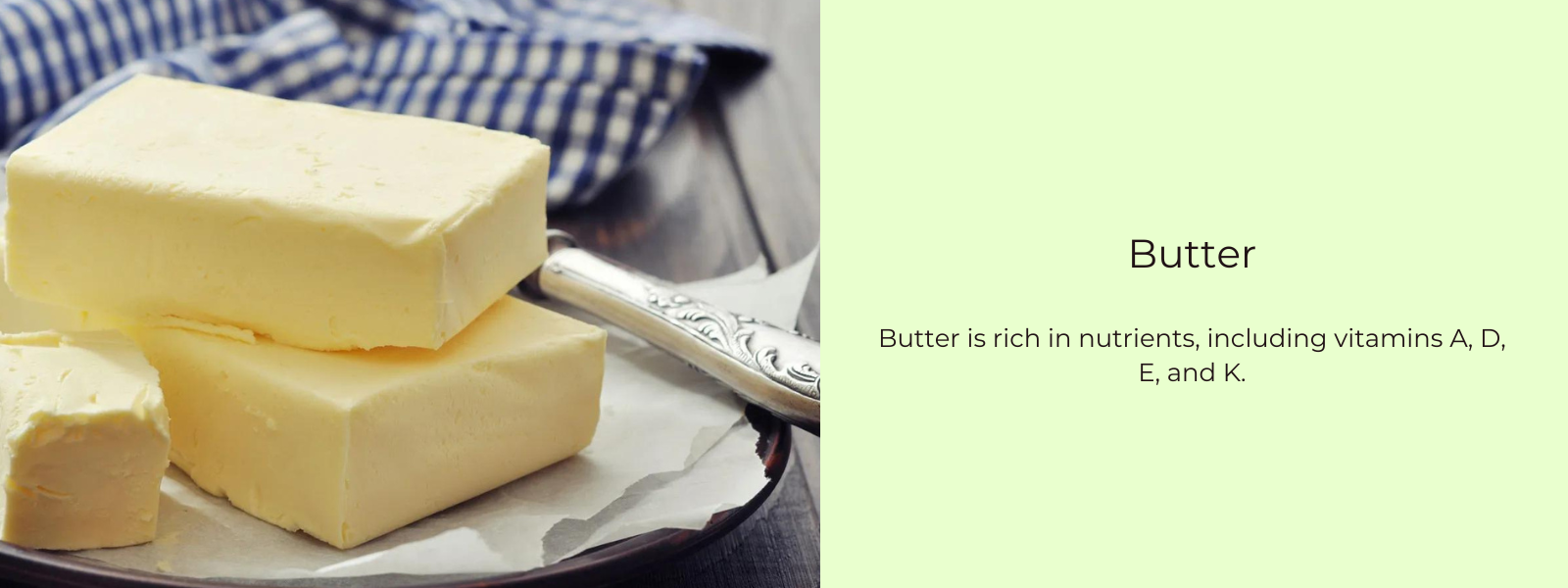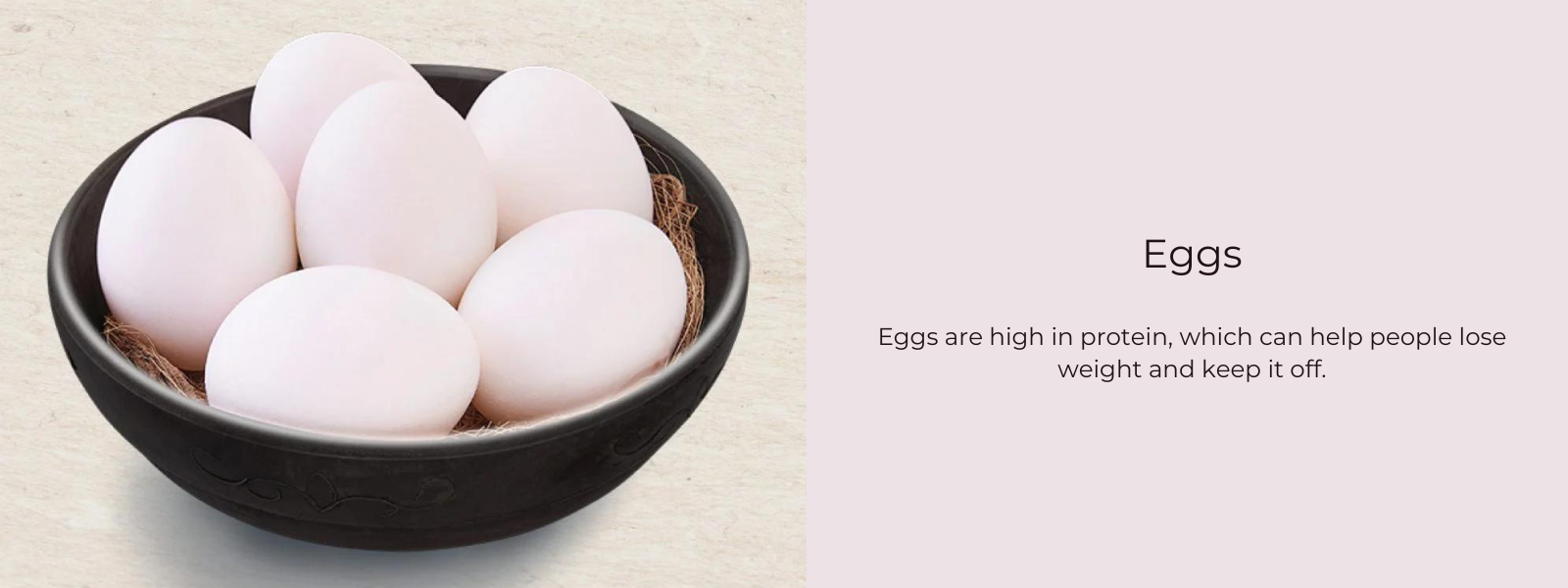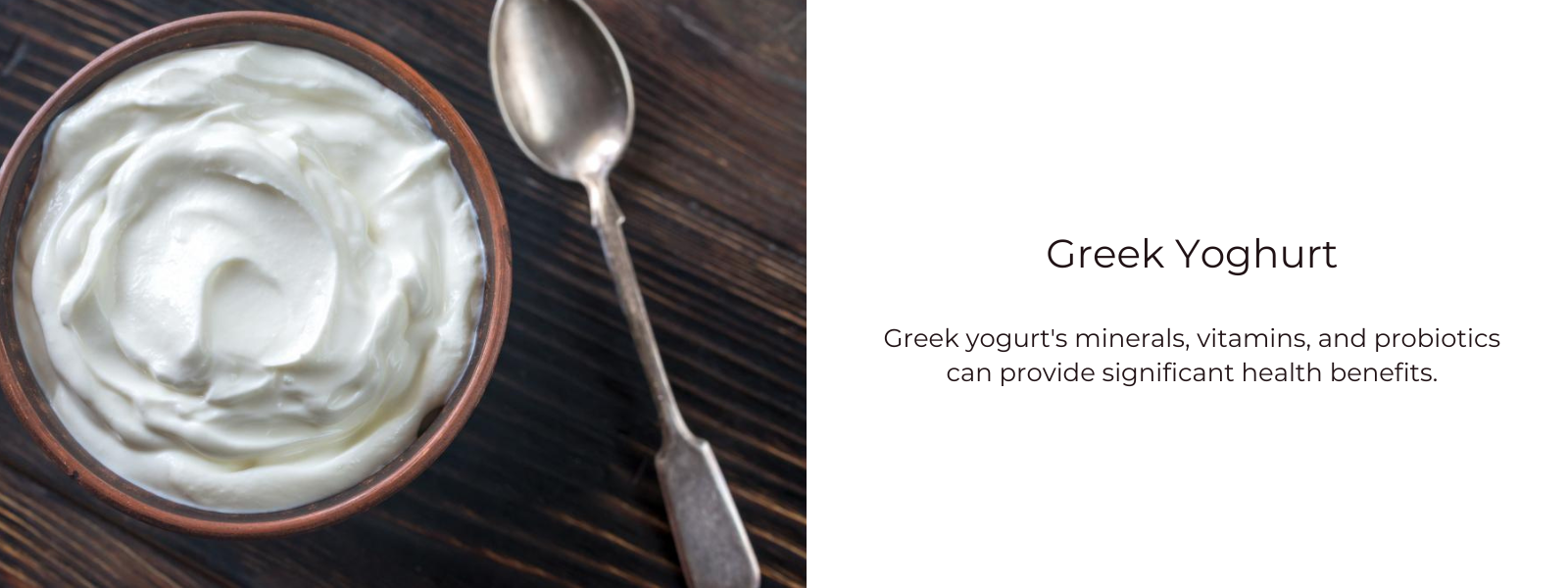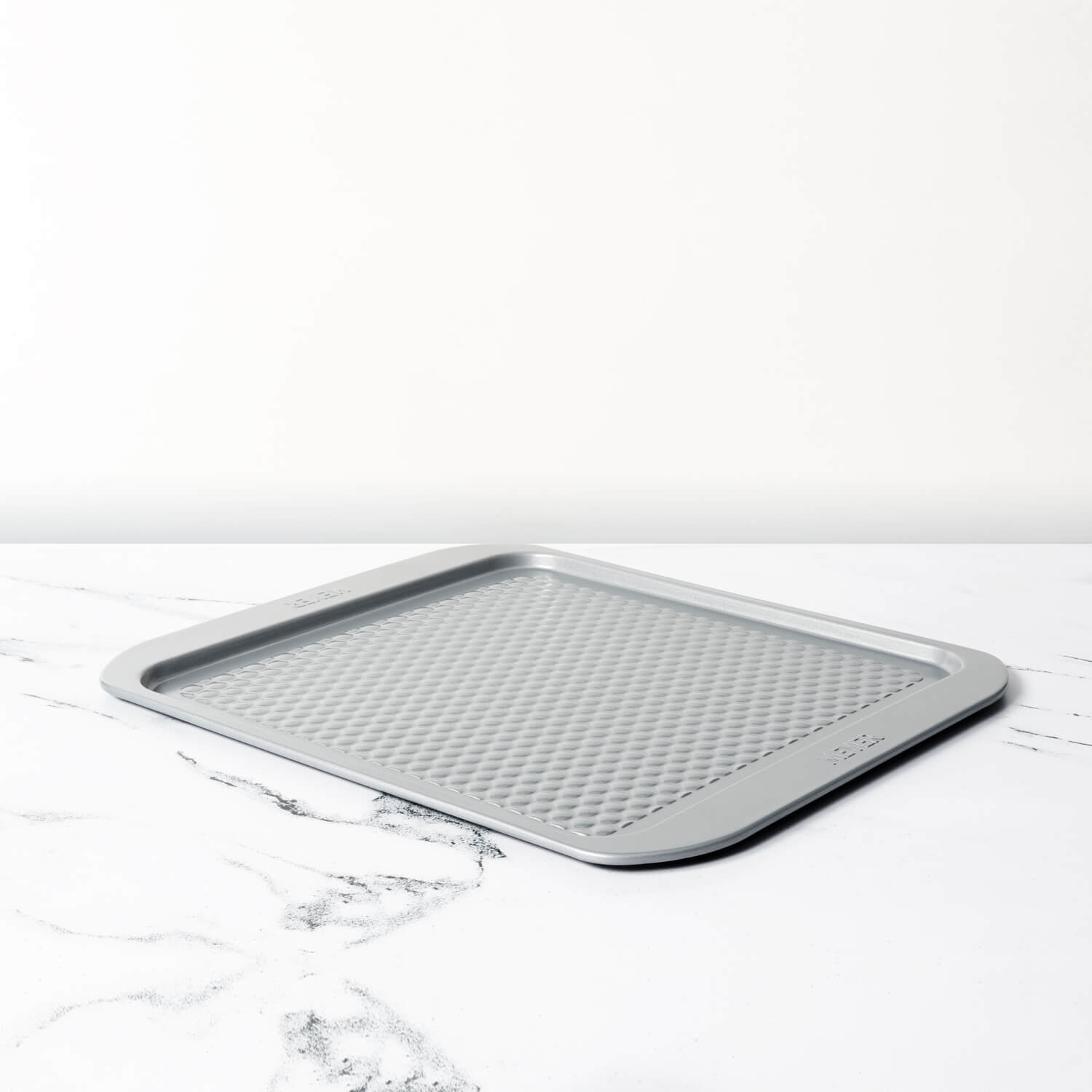Cottage cheese is a delicious snack because it is dense, textured, and brimming with protein. This non-aged dairy product is additionally referred to as curds and whey. It is distinct from cheese in that it is sold and served fresh. In addition, it contains fewer calories than other cheeses.
Cottage cheese has a lengthy history as a nutritional powerhouse. While the product likely existed in various forms for thousands of years prior to World War I, the U.S. Department of Agriculture's promotion of it as a top source of protein contributed to its rise in popularity. The USDA aimed to preserve as much meat as feasible for soldiers stationed overseas.
Cottage cheese remained a popular diet product after World War II. Its zenith of popularity occurred during the 1970s.
Table of Contents
What is cottage cheese?
Cottage cheese has a moderate flavour and a creamy, heterogeneous, soupy consistency. It is produced by draining curds from skim milk while retaining some whey to render the curds porous. An essential manufacturing step that distinguishes cottage cheese from other types of fresh cheeses is the addition of a "dressing" into the curd grains, which is typically cream and is primarily responsible for the product's flavour. There is no ageing process for cottage cheese.
Cottage cheese tends to be lower in calories than other cheeses, making it popular among diabetics and some health enthusiasts. It can be used with numerous foods, including yoghurt, granola, fruit, toast, in salads, as a dip, and even in lieu of mayonnaise.
What is the taste of cottage cheese?
Cottage cheese is fresh cheese, so it lacks a pungent taste. Instead, it has a mild flavour that is the ideal combination of creamy and sour, with notes of saltiness. This flavour profile makes cottage cheese a versatile ingredient.
Can you eat cottage cheese without cooking?
Cottage cheese is versatile and can be consumed on its own, transformed into a decadent garnish or filling, or used as a healthier substitute for other dairy products which are packed with fat and calories.
Origin of cottage cheese:
In Homer's Odyssey, the poet writes about how the Cyclops Polyphemus developed cheese by storing milk in the stomachs of animals, which is a prevalent explanation for the origin of cheese. The digestive enzyme rennin from lactating animals induces a coagulation process that separates curds from milk.
Cheese is believed to have originated in the Middle East approximately 5,000 B.C., but archaeological evidence of cheese-making dates back further in Europe. A band of cheese-related engravings on the outer walls of a 3,000 B.C. Mesopotamian temple provides evidence of cheese consumption. The ancient carvings depict the method by which the civilization developed a cheese-like substance, through salt and milk to formulate a salted, sour curd mixture that resembles cottage cheese in some ways. As Rome extended its empire, it spread knowledge of cheese and discovered numerous new varieties.
Is paneer and cottage cheese the same?
Paneer, also known as 'Indian cottage cheese,' is a delicate, white cheese that is commonly served cubed and fried in India, Afghanistan, Pakistan, Nepal, and Bangladesh.
What is the difference between cottage cheese and cheese?
Similar to other cheeses, cottage cheese is produced by segregating milk into solid curds along with liquid whey. Cottage cheese differs from other cheeses in that the whey is not drained completely, and leaves individual curds unsecured.
Health benefits of cottage cheese:
High in Protein
Cottage cheese derived from cow's milk is a protein-rich food that you can gorge on. Another advantage of cottage cheese lies in the fact it is ready-to-eat and does not require preparation. Consequently, a cube of uncooked paneer is a protein powerhouse.
Blood Sugar Levels
Additionally, cottage cheese can aid in regulating blood sugar levels. Magnesium is abundant in cottage cheese, which not only prevents untimely increases in blood pressure but also improves heart and immune health. Paneer's high protein content also slows the absorption of sugar in the blood and stops blood sugar levels from fluctuating dramatically.
Increases Fat Loss
The protein-rich cheese can stave off hunger symptoms and keep you satisfied for a long time. In addition to being an excellent source of protein, paneer is also an excellent resource of conjugated linoleic acid. This fatty acid stimulates the body's fat-burning process. To achieve effective weight loss, you dieters must consume unprocessed paneer.
Digestion
Cottage cheese aids digestion as well. The moderate quantity of phosphorous in cottage cheese aids in digestion and elimination. Additionally, the magnesium in cottage cheese can prevent constipation. Magnesium induces constipation. Thus, it draws water into the stools, softening them and making them simpler to pass via the intestinal tract.
Beneficial For Heart
Also beneficial to cardiac health is cottage cheese. Potassium, which is present in paneer, has been shown to play a crucial role in maintaining the body's fluid homeostasis. Your kidneys play an essential role in controlling your blood pressure by regulating the quantity of fluid retained by your body. The concept is straightforward: as fluid volume increases, so does pressure. Potassium not only assists in maintaining the ideal fluid balance, but it also counteracts the effects of excessive sodium intake. One must however ensure that the cottage cheese is not overly salted. The cottage cheese's excessive sodium content is detrimental to cardiac health. Potassium and sodium are both electrolytes, but potassium balances fluids without the adverse effects associated with sodium.
Cottage Cheese Fortifies Bones And Teeth.
One of the finest calcium sources is cottage cheese. According to experts, cottage cheese can provide 8% of the recommended daily allowance. 100 grammes of cottage cheese contains an incredible 83 grammes of protein! Appropriate calcium levels maintain healthy bones, teeth, cardiac muscle, and nerve function, as well.












Leave a comment